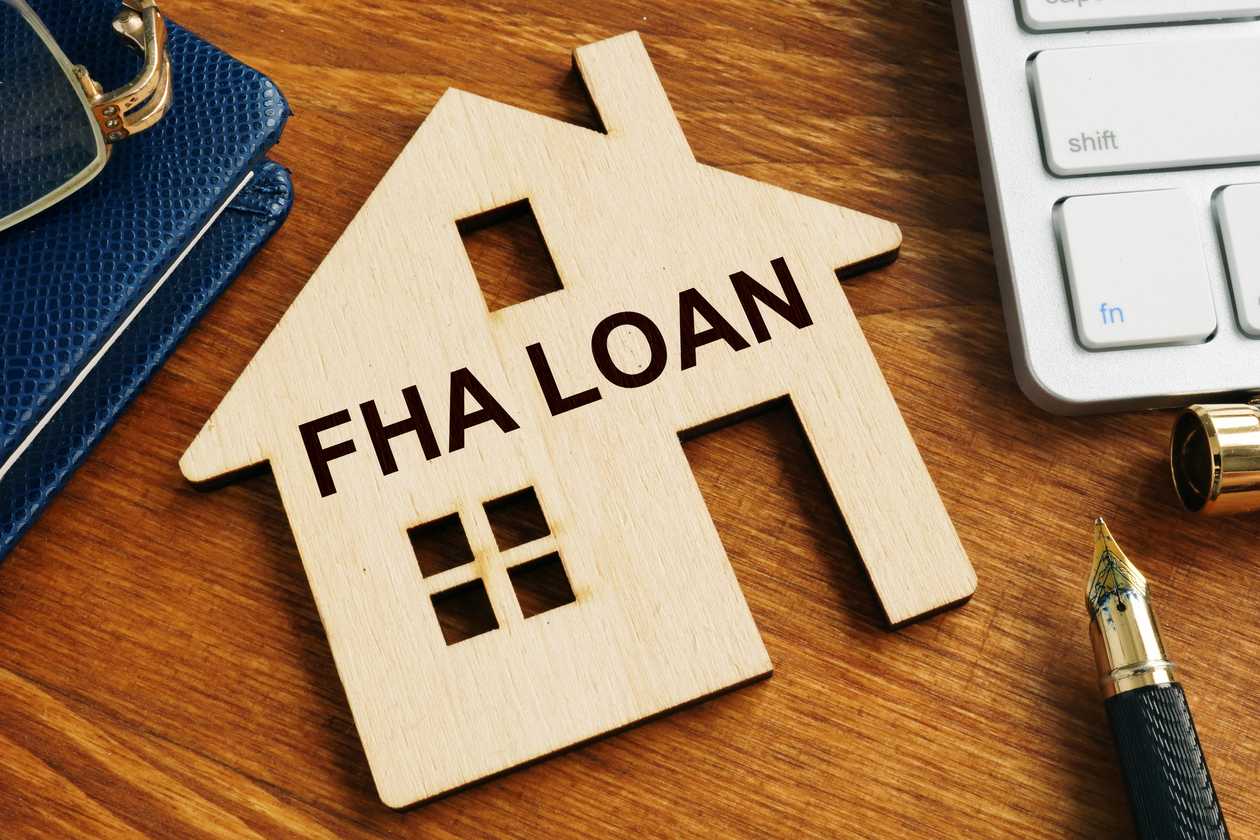
When buying a home, you may encounter FHA mortgages as one of the options for financing your home. These loans are backed by the Federal Housing Administration (FHA) and are more accessible than traditional mortgages. Here is more on what FHA loans are and how they work:
What Is an FHA Mortgage?
An FHA mortgage is a house financing solution offered by private lenders but insured by the federal government. They back FHA loans to make homeownership more accessible for individuals who may not qualify for conventional loans. Because the FHA backs the loan, lenders are more willing to offer favorable terms, making it easier for borrowers to secure financing. Their mortgage terms benefit borrowers with low credit scores or who cannot afford the down payments traditional lenders require.
FHA house financing comes in fixed and variable-rate loans. Fixed-rate mortgages carry the same interest rate over the entirety of the repayment period. The interest rate on variable-rate mortgages is constant at first but changes over time. Borrowers have the freedom to choose a repayment period that works for them.
How Do FHA Loans Work?
Although FHA house financing differs from conventional home loans, it is the same as other loans. Depending on your needs, you get a loan with a fixed or adjustable interest rate, then choose a repayment period between 15 to 30 years. You also pay closing fees just like you would with a traditional mortgage. Here is more on how FHA home loans work:
Eligibility Criteria
FHA lenders offer loans to borrowers with a credit score of at least 580 at a 3.5% down payment rate. Borrowers with credit scores between 579 and 500 can also access FHA financing but at a higher down payment rate of 10% of the home’s value. Lenders also accept down payments paid as a gift to borrowers or government agency grants. FHA lenders also assess borrowers’ debt-to-income ratios to ascertain their ability to repay the loan. Qualifying borrowers must have a debt-to-income ratio of 43% or lower.
Mortgage Insurance
FHA lenders require borrowers to pay an upfront mortgage insurance premium at closing. Borrowers must also pay an annual mortgage insurance premium (MIP) as part of their monthly mortgage payments. The insurance protects the lender in case the borrower defaults on mortgage payments.
Loan Limits
The FHA has limits on the loan amounts it can insure in different counties, depending on local housing prices and house type. It updates these limits annually, so it helps to check the FHA website before applying for a mortgage.
Property Requirements
The FHA only provides financing for properties that meet local building codes and other safety and quality standards in line with HUD guidelines. The property must also be the borrower’s primary residence, and its value must fall within the maximum purchase price limits.
Get Home Financing Today
FHA loans offer more financing terms and lenient eligibility requirements, making them more accessible than conventional loans. Like any other home loan, an FHA mortgage is a long-term commitment, so it helps to understand its terms before committing. Understanding how the loan works can also speed up the application and approval process. Consult with a knowledgeable lender for help applying for FHA home financing.
Leave a Reply